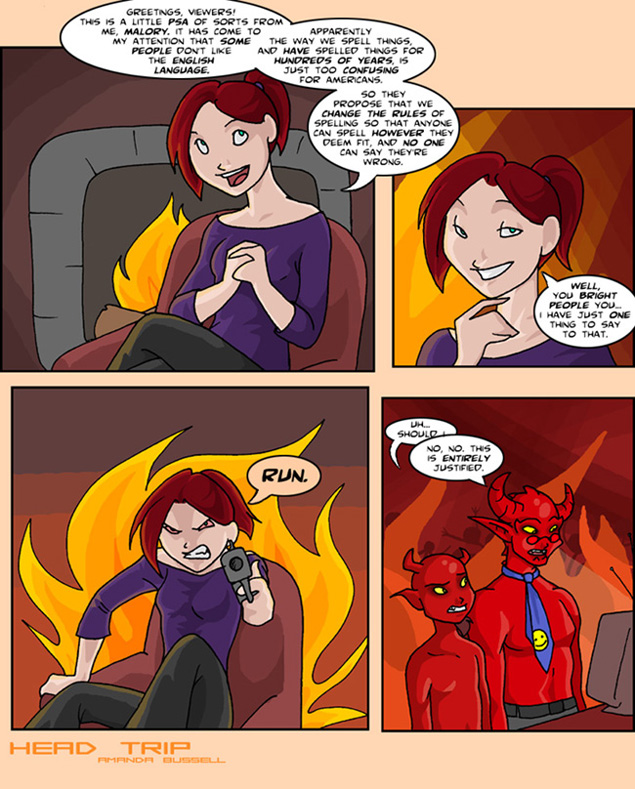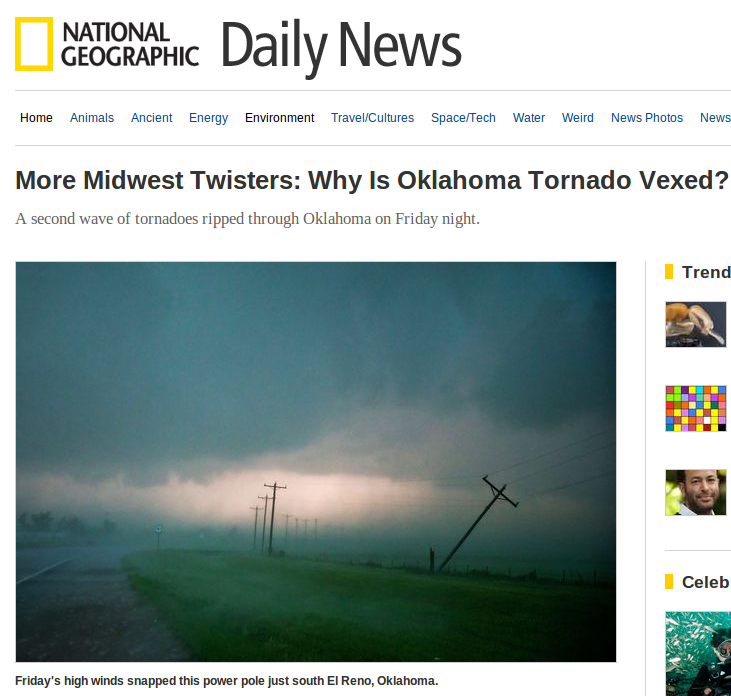"Hard vowel sounds"
"Red-blue divisions start with newborns’ names; parents show partisan tendencies", Washington Times 6/5/2013:
Names with the soft consonant “l” or that end in a long “a” — for example, President Obama’s daughter Malia — are more likely to be found in Democratic neighborhoods, while names with hard vowel sounds such as K, G or B — think former Alaska Gov. Sarah Palin’s sons Track and Trig — are more popular in Republican communities.
I've pretty much given up on the idea that literate people can be expected to know the difference between voice and tense, or passive and active, or even nouns and verbs. But I thought that consonants and vowels were pretty safe, at least as a taxonomy of orthographic categories. I mean, "AEIOU and sometimes Y", right?
Read the rest of this entry »



